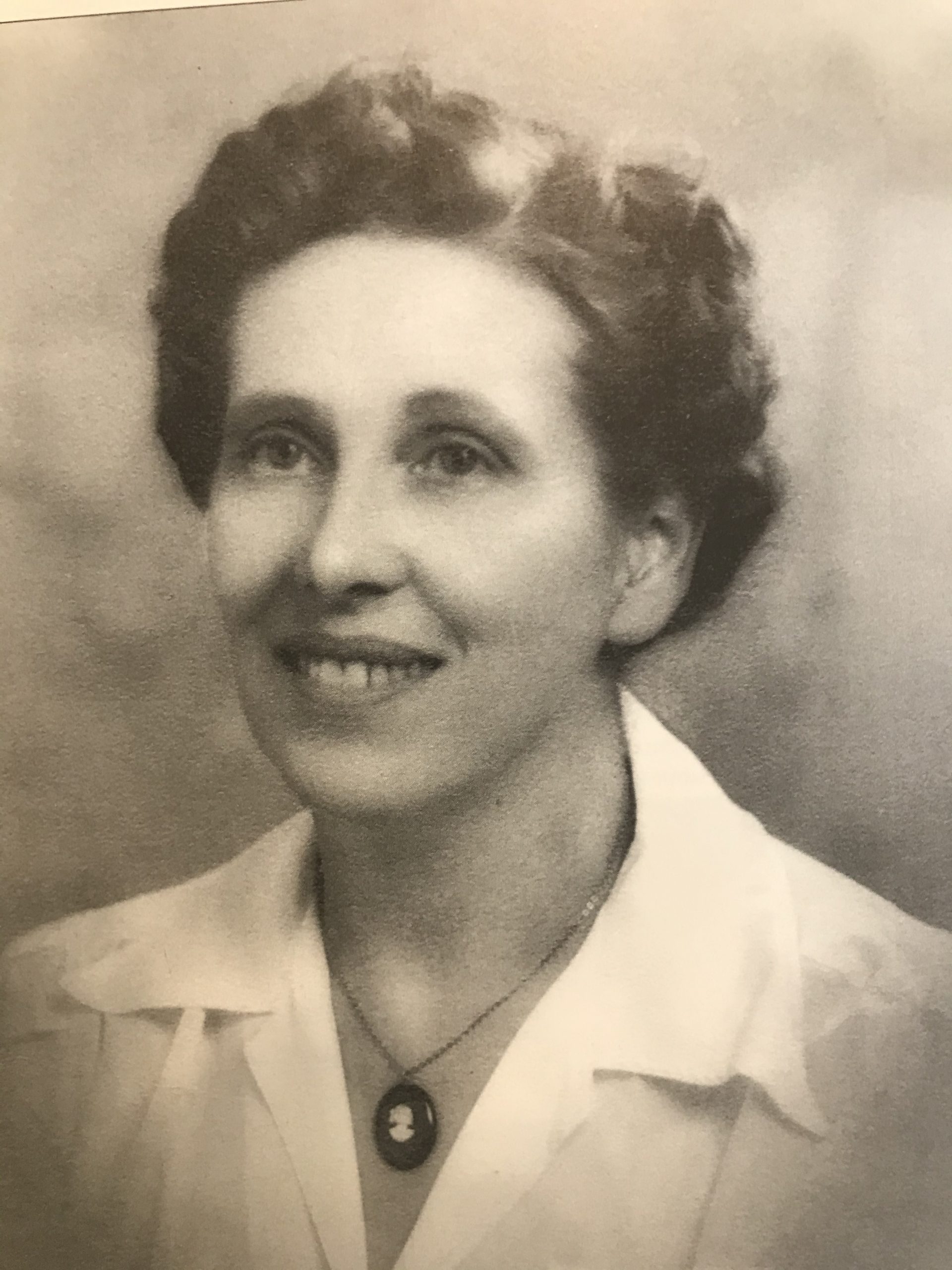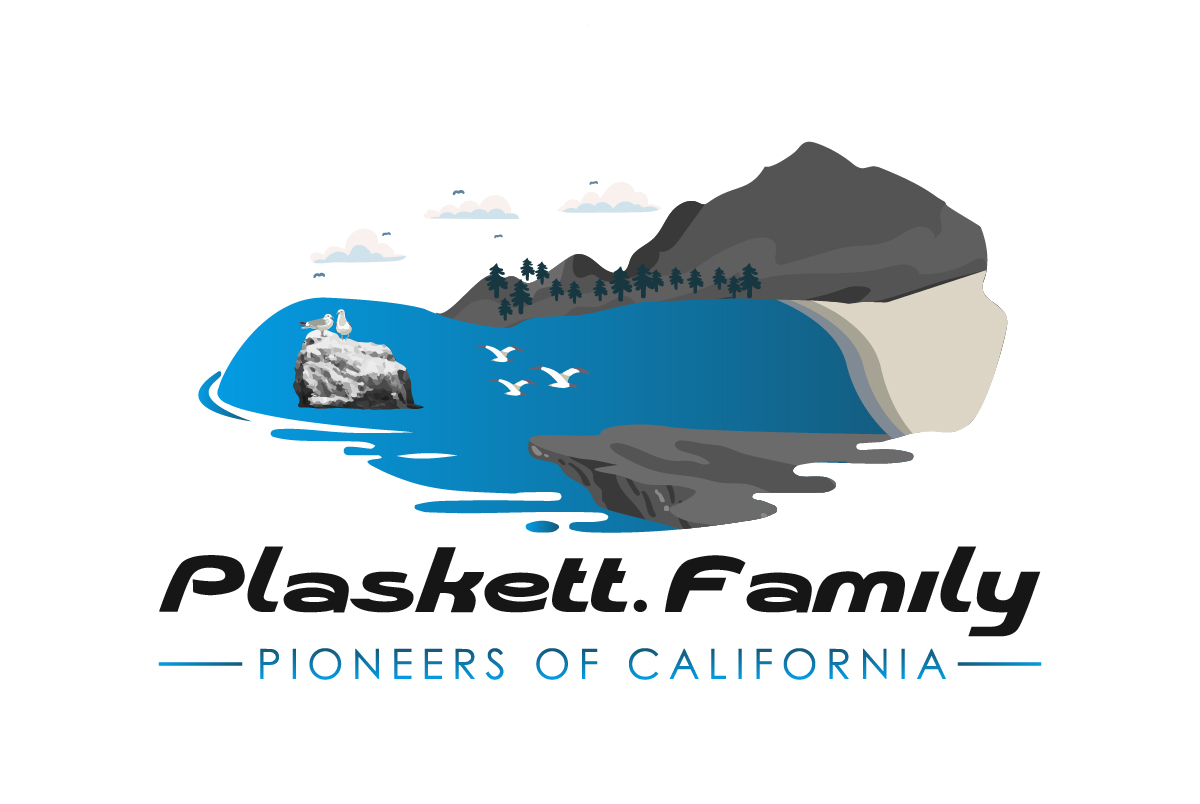By Mabel Plaskett
In back of the George Heinsen home on their ranch near the little village of Lockwood in. Southern Monterey County is an old adobe with added rooms made of lumber. Here lives Joe Moro, one of the few remaining Jolon Indians.
For a long time Joe did not know how old he was. When he applied for his old age pension he went to Ed Sans for whom he worked as a young man. He said, “What year did I work for you at the mill?” “In 1900” said Mr. Sans, “and you were 19 years old at the time so you were born in 1881.” “That’s what I think too—will you sign paper for me so I can get my pension?” “Of course I will.” So it was done and later the dates were verified when Joe found the record of his birth at Mission San Luis Obispo de Talosa to the effect that he was born June 30, 1881 at Morro Bay.
His father was Hilario Moro and his mother’s maiden name was Juana Encinal. The name of his sponsor was Pedro Garcia and the priest of the mission was the Reverend A. Roussel.
Since his mother was an Encinal we know his parents were of the San Antonio Mission Indians as the name originated there, the priest on baptizing the first member of the family asked his name and learning the young neophyte had only a first name, gave him the name Encinal after the great oaks of the valley, the Spanish name of which is Encina. The Encinal family flourished and became good Christians and staunch supporters of the Mission Fathers.
Joe’s parents moved to a home on the Lynch ranch near Pleyto where his father worked for Mr. Lynch. Here his brother Dave was born as well as three sisters, Amelia, Fidela and Juana.
Joe’s mother died while some of the children were quite small and is buried on the Lynch ranch. As a young boy Joe went to work for nearby ranchers until his father moved with his family to the home near Chalk Peak on the coast side of Nacimiento road. Here was planted the famous Moro orchards still bearing fruit, although neglected for years.
Joe and Dave both worked for the Sans brothers in the saw mill on Mill Creek. They were honest and faithful and worked here for eight years. When the Sans’ left Mill Creek, Joe and Dave bought their place, later selling out to Bob Digges.
Mr. Moro, the father, lived at the Chalk Peak home until his death and was buried at Mission San Antonio. His sister, Juana died early in life as did Fidela. Juana was buried in the Digges cemetery, a tiny fenced off flat in a little grave of five oaks on the hillside north of Mill Creek. Here, many young Indian children are buried, Fidela was buried in King City.
Amelia married Cayatan Quintano and reared a family. They lived on the coast many years finally moving to Santa Maria. Regina Tilly, Amelia’s oldest daughter lives in Lompoc. Dave lived at The Indians for many years before he passed away.
After leaving the coast Joe worked around King City and San Lucas for years, his service always in demand as he had earned a reputation for diligence and integrity in his work. For the last sixteen years, Joe has made his home on the Hebasen ranch not too far from his boyhood haunts. Straight and strong, he keeps active tending the orchard and vineyard and keeping a great stock pile of wood cut ready for use.
Keeping Joe company is his little dog “Nick” who has been with him for nine years and Joe says he is as “smart as a person.” Joe is happy here with familiar things around him, a wood cook stove, an oil cloth covered table. “I have everything I need right here” he says, “I couldn’t want a better home.” He meets visitors with a shy smile of welcome and it is a pleasure to talk over old times with Joe Moro, the last of the Jolon Indians.

Mabel Sans Plaskett was born in Coralitas near Ben Lomond in the Santa Cruz Mountain area of California. Her father Edward Robert Sans ran a saw mill near Pacific Valley, along the Nacimiento – Ferguson road to the coast at Highway One. It was there she met Edward Abbott Plaskett, her husband. Mabel wrote about the coast and the pioneers of the 19th and 20th Centuries.

Recent Comments